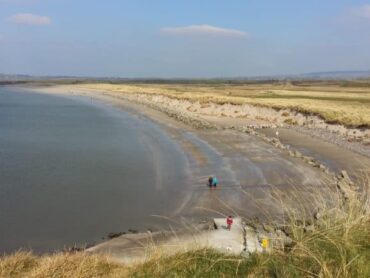
Agri-food, building materials, chemicals and fisheries are four sectors in the border area that are at high risk from Brexit.
That’s among the main findings of one of the first analysis of the risks and opportunies posed by Britain’s exit from the EU.
The report was circulated to Sligo county councillors at a meeting this week.
Six local authorities in the North and six in the Republic have come together to prepare this report on the risks and opportunities of Brexit.
The project is led by Newry, Mourne and Down District Council on behalf of all the other councils along the border.
The research was carried out by Ulster University Economic Policy Centre.
The report says that cross-border trade and trade between Ireland and Britain are dominated by the sale of goods in three sectors: agri-food, building materials and chemicals.
The report says all three sectors, as well as fisheries, are exposed to risks of significant tariffs and non-tariff barriers, such as an end to common standards.
The report also says agri-food is of particular importance, both for employment and as a source of almost half of all cross-border trade.
EU funding is also at risk, with that funding ending for Northern Ireland after Brexit.
The report found that while employment will increase in all council areas up to 2026, it will be significantly below what it could be.
Other considerations include the impact on the movement of people and competition for direct investment in the border areas.
Among approaches agreed by the 12 councils is to work collectively to highlight that the border corridor is going to be most affected by Brexit.







